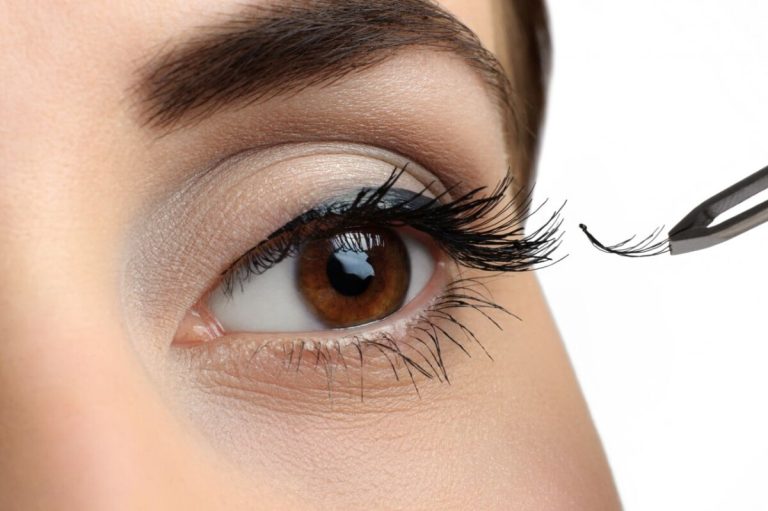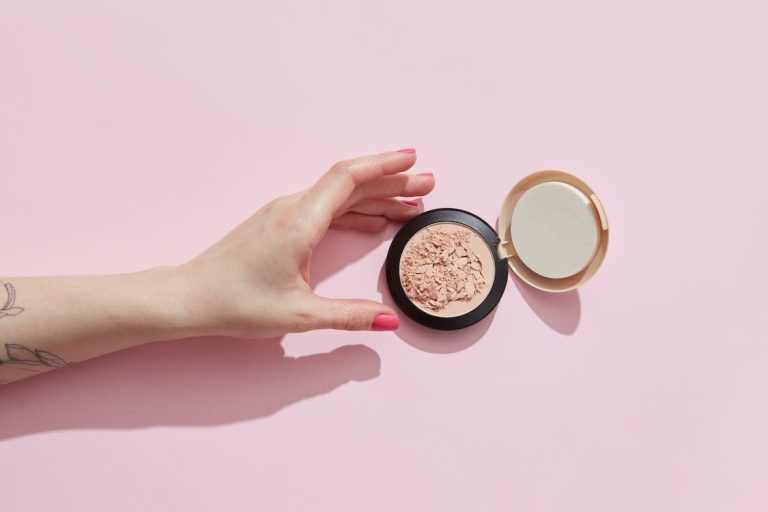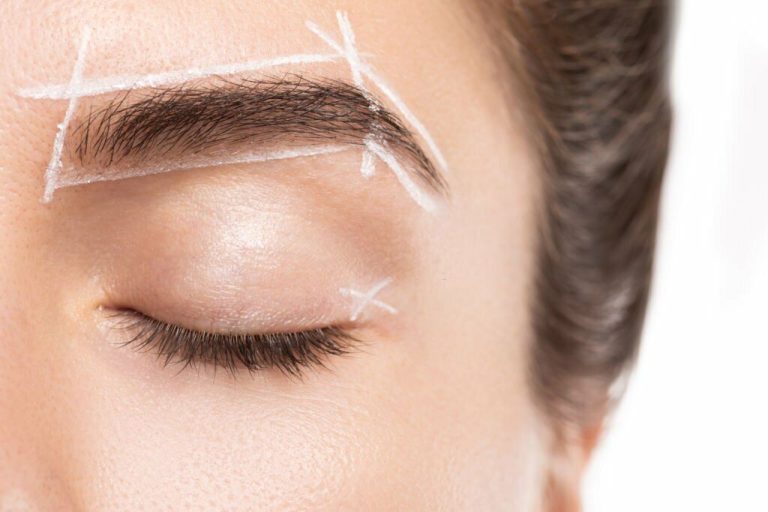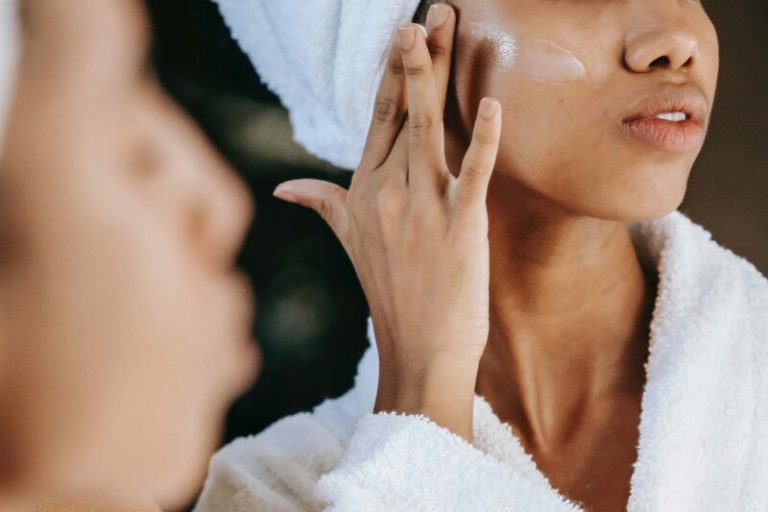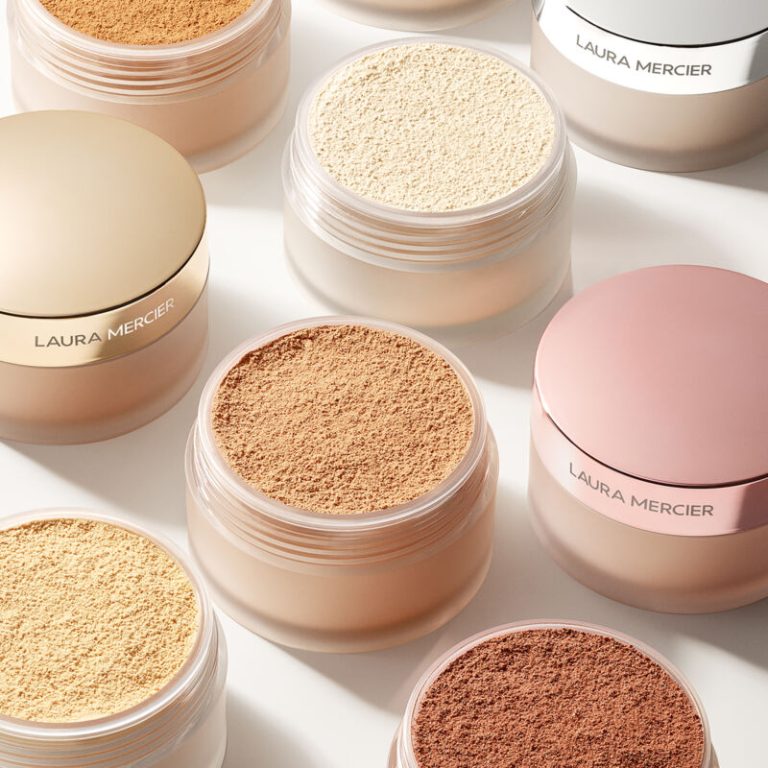Does Mineral Oil Expire? How Long Does it Really Last?
As I apply my favorite facial moisturizer, I notice that the mineral oil I added seems a little off. This made me wonder – does mineral oil expire?
Mineral oil is found in many skincare, cosmetic, and household products we use every day. Knowing if it has an expiration date, how to store it properly, and signs that it has gone bad can help us use it safely.
In this article, I’ll explore everything you need to know about whether mineral oil expires, how long it lasts, and how to store it correctly.
What Is Mineral Oil?
Contents
- What Is Mineral Oil?
- Does Mineral Oil Expire?
- How Long Does Mineral Oil Last?
- How To Know If Mineral Oil Is Bad?
- Is Mineral Oil Safe in Cosmetics?
- What Are the Health Benefits of Mineral Oil?
- Is Mineral Oil Good For Your Skin?
- Can You Use Mineral Oil on Your Face?
- Does Mineral Oil Have Any Side Effects?
- Is It Safe to Use Old Mineral Oil on Skin?
- How Should You Store Mineral Oil?
- Conclusion
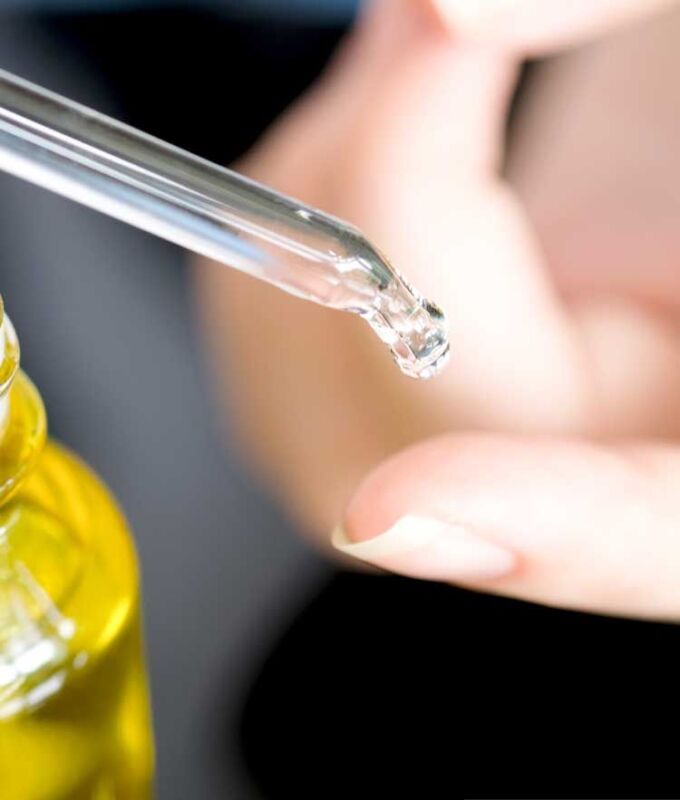
Before looking at its expiration, let’s understand what mineral oil is.
Mineral oil is a highly refined petroleum oil extracted from crude oil. It goes through an extensive purification process that removes impurities and undesirable compounds like aromatics and sulfur.
The resulting light, odorless, and colorless liquid is known as mineral oil or liquid paraffin. It has a variety of common names and uses:
- White mineral oil – Used topically as a moisturizer and barrier protectant
- Liquid paraffin – Added as an emollient in skincare and cosmetics
- Paraffin oil – Used as a laxative and to soften earwax
- Baby oil – Used to moisturize and protect baby’s skin
Thanks to its emollient properties, mineral oil is a popular ingredient in lotions, creams, ointments, and cosmetics. It forms a protective barrier on the skin, preventing moisture loss.
Mineral oil also has industrial uses as a lubricant, coolant, and insulating fluid in mechanical equipment.
Only cosmetic-grade mineral oil that is highly refined and meets purity standards is approved for use in skincare, pharmaceuticals, and food. This ensures it’s safe for human use.
Does Mineral Oil Expire?
Now that we know what mineral oil is made of, let’s find out if it can expire.
The shelf life of mineral oil depends on several factors:
- Type – Pharmaceutical grade mineral oil lasts longer than lower grades
- Storage – Heat, light, air exposure reduces shelf life
- Use – Opening and contaminating reduces longevity
- Purity – Higher refined oils resist breakdown longer
Properly stored unopened mineral oil generally stays fresh for 2-5 years. Once opened, it’s best to use it within 1-2 years.
For optimal shelf life, follow these tips:
- Store in a cool, dark place
- Keep container tightly sealed
- Avoid excess heat or sunlight
- Don’t mix with other chemicals
Contaminants and high ambient humidity also shorten its shelf life.
How Long Does Mineral Oil Last?
Since mineral oil is not a single product but a broad class of refined oils, shelf lives vary based on:
Type of Mineral Oil
- Pharmaceutical grade mineral oils are purer and last over 5 years unopened.
- Technical or industrial grades have more impurities so may last only 1-3 years.
- Food-grade mineral oil also lasts longer given its high purity standards.
Storage Conditions
- Storing in a cool, dry place prolongs shelf life.
- Exposure to sunlight, heat, or high humidity causes faster degradation.
- An airtight container prevents oxidation and contamination.
Usage and Handling
- Once opened, mineral oil oxidizes faster so best to use within 1-2 years.
- Repeated contamination with water or particles reduces longevity.
- Use clean utensils to dispense to avoid introducing bacteria.
Purity Levels
- Highly refined pharmaceutical or food-grade mineral oils resist breakdown longer.
- More impurities in lower grades lead to faster spoilage.
So with proper storage in a cool, dark place, unopened mineral oil can last over 5 years. Once opened, aim to use it within 1-2 years.
How To Know If Mineral Oil Is Bad?
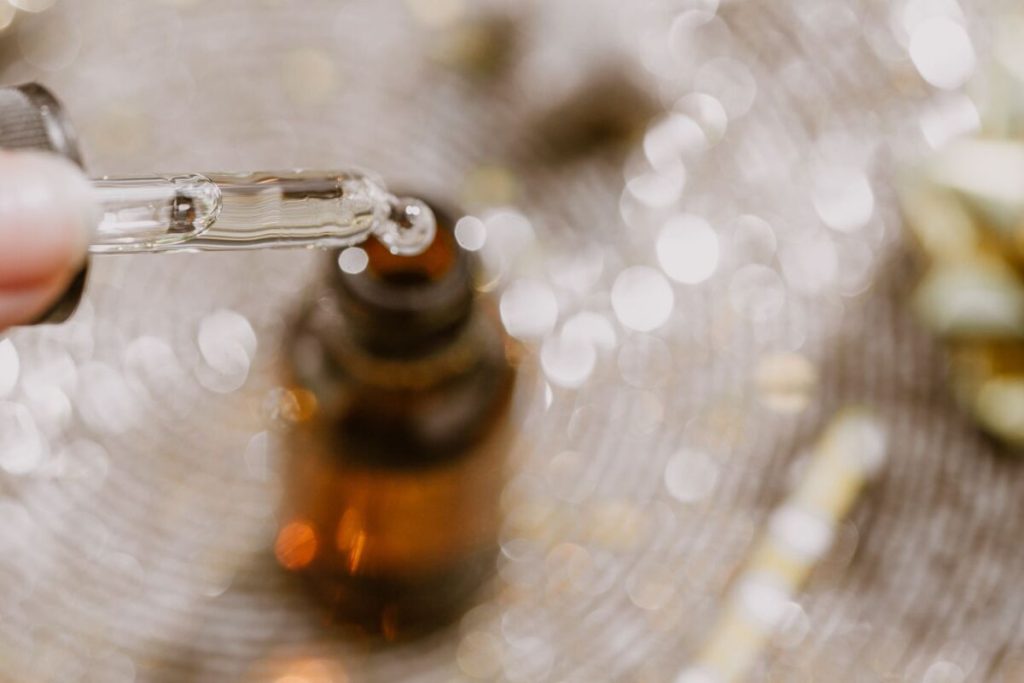
Mineral oil is a very stable compound, but eventually it can go bad. Here are signs of expired mineral oil:
Change in Color
- Fresh mineral oil is clear and light golden in color.
- As it oxidizes, it can turn yellow, amber, or brown. This indicates it has likely gone rancid.
Change in Smell
- New mineral oil is odorless or has a faint petroleum smell.
- Rancid mineral oil has a strong, unpleasant odor. If it smells off, discard it.
Change in Texture
- Separation, cloudiness, or sediment formation means the mineral oil is degrading.
- It can also become more viscous or sticky.
So inspect your mineral oil and if you notice discoloration, strange odors, or texture changes, it’s best to replace it.
Is Mineral Oil Safe in Cosmetics?
Mineral oil is widely used as a moisturizing emollient in skin creams and cosmetics. Is it safe?
Mineral oil offers these skin benefits:
- Forms a protective layer to prevent moisture loss
- Provides smoothing and softening for dry skin
- Has occlusive properties to hydrate skin
- Considered non-comedogenic so won’t clog pores
- Hypoallergenic and suitable for sensitive skin
However, some people may experience:
- Acne breakouts – from pore clogging for oily skin types
- Skin irritation – if allergic or due to low grade mineral oil
- Skin sensitivity – with long-term use as it reduces natural oil production
So mineral oil is considered safe for most people in rinse-off products like cleansers and moisturizers. Those with oily or sensitive skin should patch test first.
What Are the Health Benefits of Mineral Oil?
Besides skin care, mineral oil also has health and medical uses, like:
- Moisturizing dry or cracked skin – to heal conditions like eczema
- Treating constipation – as a lubricant laxative
- Removing ear wax – helps soften and loosen buildup
- Relieving cradle cap – gently moisturizes and exfoliates baby’s scalp
It can also provide relief from minor health ailments thanks to its soothing properties. Just be sure to consult your doctor before using mineral oil internally.
Is Mineral Oil Good For Your Skin?
Thanks to its emollient properties, mineral oil is an effective moisturizer, especially for dry or mature skin. Benefits include:
- Creating a protective barrier to lock in moisture
- Providing hydration for dry, cracked skin
- Softening rough areas like heels, elbows, and knees
- Smoothing the appearance of fine lines and wrinkles
However, there are some drawbacks:
- Potential to clog pores and cause acne breakouts
- May irritate sensitive skin or cause rashes
- Possibility of it stripping natural oils with prolonged use
So mineral oil can be good for skin as an occlusive moisturizer, but perform a patch test first. Limit use on acne-prone or sensitive skin.
Can You Use Mineral Oil on Your Face?
Many moisturizers and cleansing oils contain mineral oil and are safe for the face. But take care around acne-prone areas like the forehead and cheeks.
Benefits of using mineral oil on the face:
- Provides light hydration without feeling greasy
- Absorbs quickly leaving skin smooth and soft
- Non-comedogenic so won’t clog pores
- Gently removes makeup and debris when used in cleansers
Precautions:
- Avoid direct use if you have active acne
- Patch test first to check for irritation or breakouts
- Limit use on sensitive areas like around eyes
Using mineral oil sparingly on the face is generally fine. But oily and acne-prone skin may prefer lighter facial oils.
Does Mineral Oil Have Any Side Effects?
Mineral oil is considered non-toxic and harmless in small amounts. But here are some potential side effects to be aware of:
- Its occlusive nature may lead to clogged pores and acne in those prone to oiliness.
- Low grade mineral oil may cause contact dermatitis. Discontinue use if it causes redness or rashes.
- Long-term use may reduce natural oil production leading to dryness and sensitivity.
So while medical-grade mineral oil itself is relatively inert, those with sensitivities should exercise caution using it on the skin.
Is It Safe to Use Old Mineral Oil on Skin?
To enjoy the benefits of mineral oil, it’s best to use a fresh, unexpired bottle. Here’s why:
- Expired mineral oil has likely oxidized and degraded.
- It may harbor harmful bacteria especially if contaminated.
- Old mineral oil can cause skin irritation, rashes, and acne.
- Discard bottles past their expiration date marked on the label.
Don’t take risks with old mineral oil. A new bottle is inexpensive and ensures your skin gets its full moisturizing benefits without any nasty side effects!
How Should You Store Mineral Oil?
To maximize mineral oil’s shelf life, follow these storage tips:
- Store in a cool, dry place away from direct light and heat. Moisture also shortens its life.
- Use an airtight container and ensure the lid is sealed to prevent oxidation. Dispense with a clean spoon or pump.
- Don’t let it contact water or other chemicals that can contaminate the oil.
- Label bottles with purchase/open dates and inspect regularly for sediment and odors.
- Avoid dipping dirty hands or objects directly into the bottle to prevent introducing bacteria.
Proper storage keeps mineral oil fresh and effective for skin care and other uses. Discard if you notice any changes in color, smell, or texture.
Conclusion
So does mineral oil expire? Yes, though its shelf life varies based on purity, storage, and usage conditions. Unopened, highly refined mineral oil can last over 5 years stored properly in a cool, dark place.
Once opened, aim to use mineral oil within 1-2 years. Check for discoloration, odor, and texture changes which signal it may have spoiled. Discard expired mineral oil and replace it with a fresh bottle for the best results.
Following some simple storage rules like limiting heat, air, and sunlight exposure will help mineral oil maintain its moisturizing might and keep your skin soft and supple.

Founded by Sophia Rodriguez, IGXO Cosmetics is a PETA-certified, cruelty-free, and vegan makeup brand.
